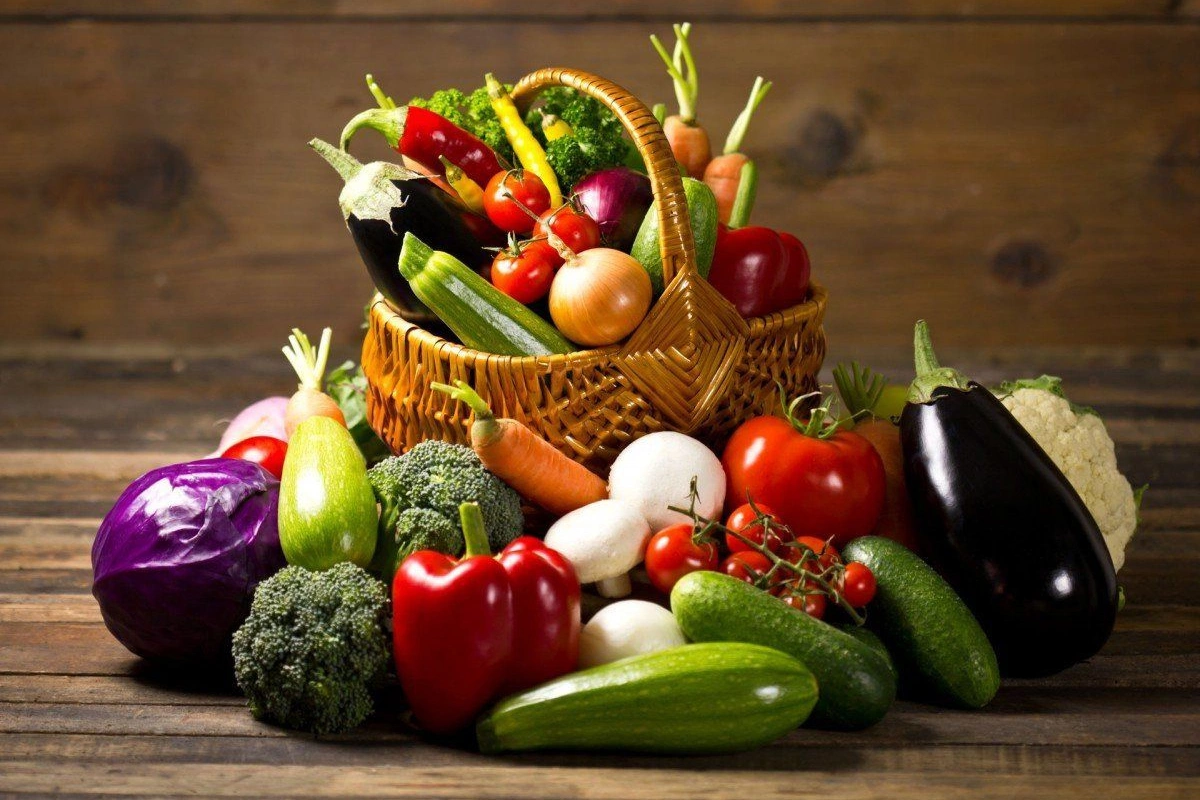Scientists have found a way to extend the freshness of vegetables by 10 days

Researchers at the Massachusetts Institute of Technology (MIT) have developed an innovative method to extend the shelf life of fresh fruits and vegetables: scientists introduce melatonin into plant tissues using tiny silk microneedles. The research results are published in the journal Nano Letters.
According to the UN, more than 30% of food worldwide is lost after harvest - this volume would be enough to feed over a billion people. Traditional cooling methods require significant energy and infrastructure costs, which are not accessible to many regions. The new technology promises to reduce losses without the need for massive refrigeration units.
The key element of the method is miniature stickers-arrays made of natural silk, each containing hundreds of microscopic needles less than a millimeter long. These needles easily pierce the dense skin of vegetables and fruits without damaging tissues or causing stress to plants, and deliver melatonin directly to the cells. Melatonin is known as a powerful antioxidant and regulator of protective mechanisms that slow down aging processes in plants.
As part of the experiment, the team of scientists treated bok choy - a quickly perishable leafy vegetable. Plants treated with microneedles remained fresh for four days longer when stored at room temperature than the control group, and for ten days longer at refrigerator temperature. Indicators of weight, green color saturation, and chlorophyll content in the treated samples remained stable for significantly longer.
"We have demonstrated the safety and effectiveness of melatonin delivery using biodegradable silk microneedles," noted the research leader Professor Jonathan Kim. "In the future, such patches could be applied automatically during direct crop processing - for example, using agricultural drones or machine manipulators."
The team's future plans include studying the effects of other phytohormones on various crops and developing technologies for large-scale production of microneedles for commercial use. Such innovation could be key to reducing global food losses and ensuring food security without additional energy costs.
Similar News
# An Unexpected Way to Combat Stress Caused by Constant Noise Has Been Named
Constant background noise and vibration - from traffic to industrial equipment - gradually increase stress and anxiety. However, a new study has shown that blue...




 Azərbaycanca
Azərbaycanca  По-русски
По-русски  English
English 






